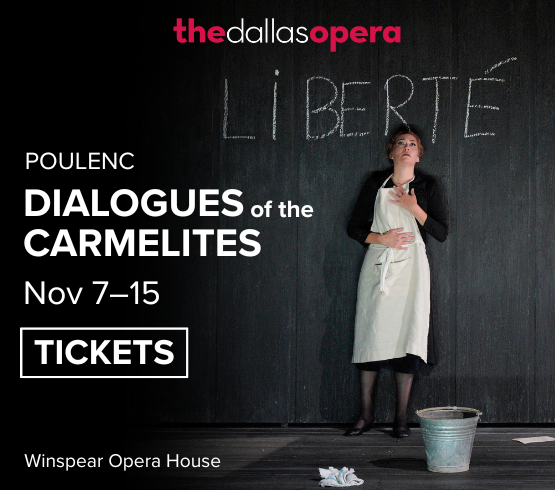No wonder Ars Lyrica Houston opted to showcase Handel’s Clori, Tirsi e Fileno for the third time since 2005. It may not rank as a touchstone work like Messiah, but the cantata from Handel’s youth is brimming with melody, charm and vocal fireworks, and Ars Lyrica savored everything.
Even though it’s labeled a cantata, Clori has an operatic flavor, beginning with the text. It’s the story of a love triangle: The shepherdess Clori relishes shifting her affections between two admirers, Tirsi and Fileno.
Tirsi, who opens the cantata—with two arias, no less, back-to-back—sees what she’s up to, but he doesn’t seem upset, judging from the arias’ buoyancy and brightness. When Clori enters, she appears to put Fileno in first place, and the two close the cantata’s Part 1 with an exuberant duet—the cantata’s first burst of vocal acrobatics.
If this were an Italian verismo opera of the late 1800s, bloodshed would ensue. But Tirsi and Fileno take a more level-headed approach. They decide that, when it comes to romance, disappointments go with the territory.
The cantata ends with a jovial ensemble: If you’re unlucky in love at the moment, the three proclaim, just hang on. Your luck may soon improve.
As Handel does in his full-fledged operas—such as Julius Caesar, which Houston Grand Opera staged in 2017—he puts the accent in Clori on solo arias, treating each singer to a handful of turns in the spotlight. That gives them free rein to show off their skills, and Ars Lyrica’s trio took full advantage March 26 at the Hobby Center for the Performing Arts.

1 ⁄5
Lauren Snouffer in Ars Lyrica’s production of Handel’s Clori, Tirsi, e Fileno. Photo by Lynn Lane.

2 ⁄5
Ars Lyrica artistic director Matthew Dirst conducting Handel’s Clori, Tirsi, e Fileno. Photo by Lynn Lane.

3 ⁄5
Key'mon Murrah in Ars Lyrica’s production of Handel’s Clori, Tirsi, e Fileno. Photo by Lynn Lane.

4 ⁄5
Cecelia McKinley in Ars Lyrica’s production of Handel’s Clori, Tirsi, e Fileno. Photo by Lynn Lane.

5 ⁄5
The cast of Ars Lyrica’s production of Handel’s Clori, Tirsi, e Fileno. Photo by Lynn Lane.
Ars Lyrica invited a regular guest, soprano Lauren Snouffer—also a familiar presence with HGO—to play Tirsi. Snouffer brought sparkle and buoyancy to Tirsi’s opening numbers. But when she let fly with Tirsi’s burst-of-indignation aria, Snouffer’s virtuosity, bite and full-throatedness showed that it doesn’t take a thunderous voice to put across fury. Then she eased up to capture the charm of Tirsi’s last aria, a tribute to feminine wiles.
The period-instrument ensemble, led by harpsichordist and Ars Lyrica artistic director Matthew Dirst, underlined the deftness of the quiet numbers as well as the dynamism of the agitated ones. The players savored Handel’s dashes of tone-painting, such as the imitations of the nightingale in one of Tirsi’s arias. And concertmaster Stephen Redfield delivered the violin solos’ explosiveness and poetry with equal flair.
-STEVEN BROWN





